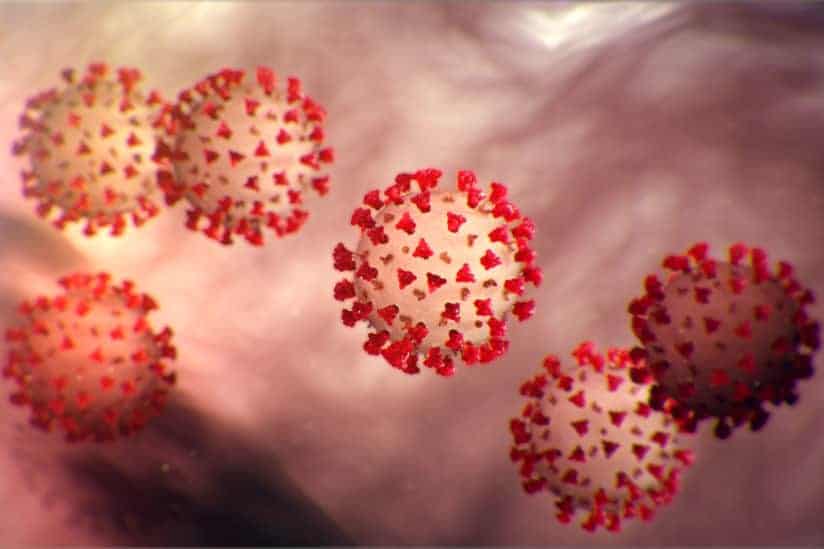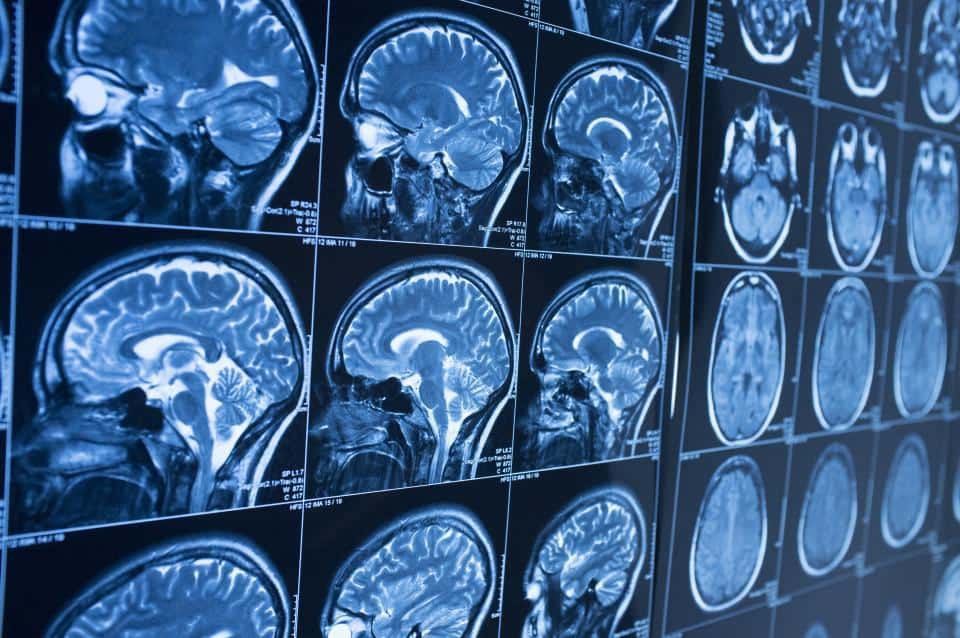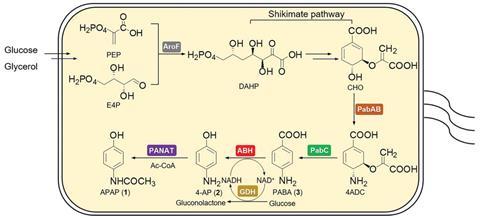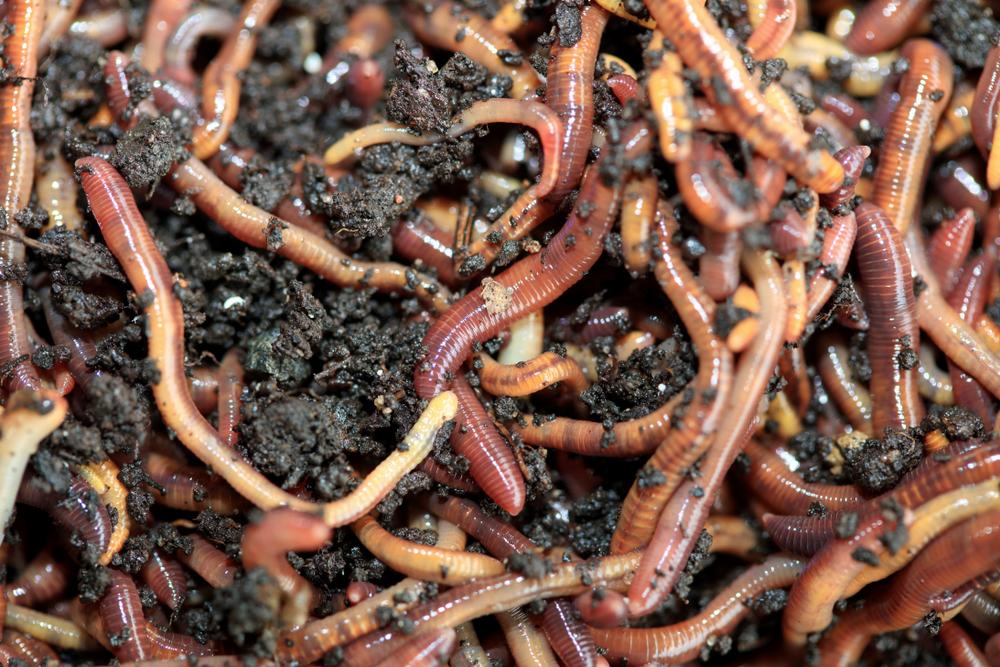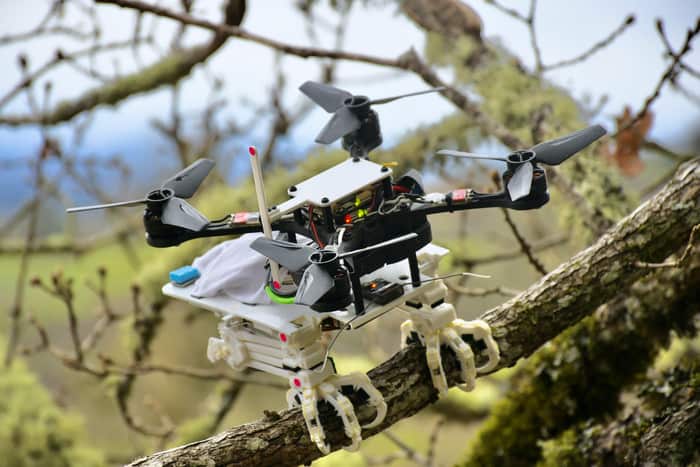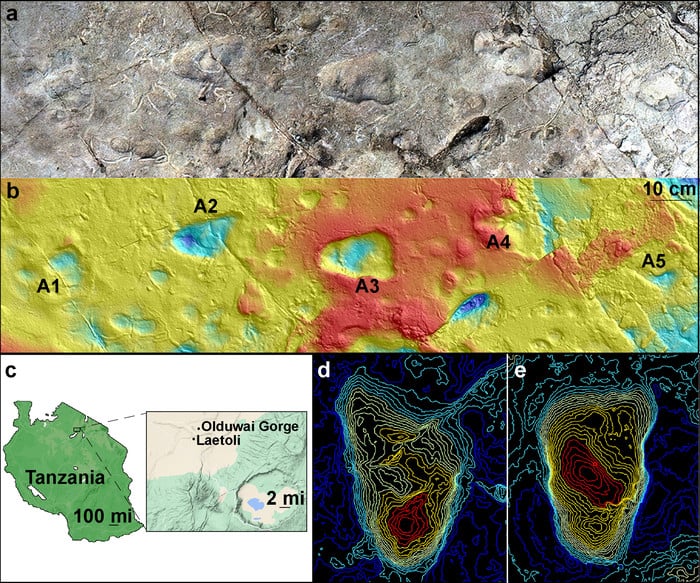People with allergic conditions such as hay fever, rhinitis, and atopic eczema, may have a lower risk of COVID-19 infection, especially if they also have asthma, finds a large, population-based study of UK adults, published online in the respiratory journal Thorax. And contrary to the findings of recent studies, older age, male sex, and other underlying […]
Read More